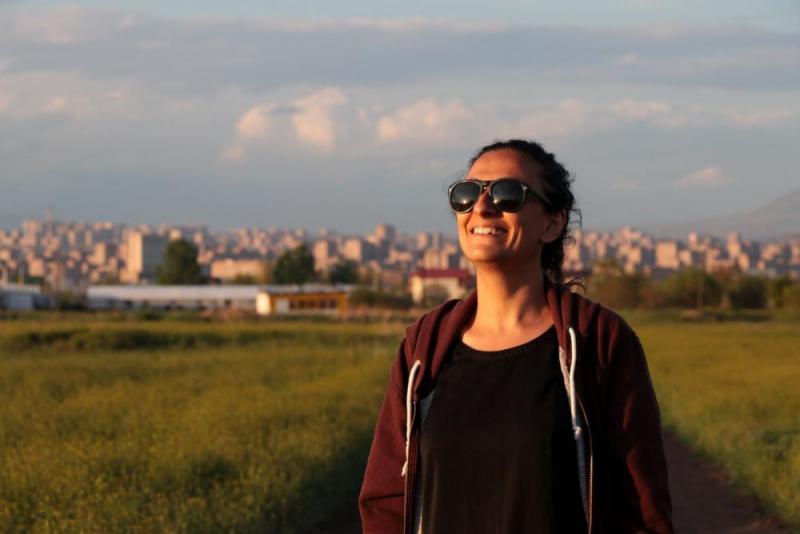Covid changed our educational reality, offering new challenges to the education system, forcing flexibility, and showing educational gaps.
What did the Armenian educational system do? It tried to resist, to oppose the epidemic, choosing the easiest way to struggle – inaction.
Our education system, for some reason, described distance learning as inefficient and considered the distance teaching-learning phase to be a lost one, instead of going in a constructive way. By saying constructive way, I mean to understand the gaps, failures of organizing the distance teaching-learning process, to help and support the teacher, the school, the learner to succeed. Aren’t there any gaps in the existing teaching-learning process or are they less noticeable? This is also a serious question.
In the modern world, the ways of organizing education should also be flexible, constantly changing and mobile. They should be focused on the individual. The individual’s real order should become the organizer of education. Education can’t be an unaddressed service: it should fit into the current time reflecting the requirements and breath of the time. We can’t provide educational services that are not addressed to the modern child. We can’ provide an educational service that doesn’t take into account the situation in the country and in the world: war, pandemic, regional problems: an educational service that does not take into account technological developments and their entry into our lives, alienates and rejects the reality that surrounds us. The 21st century child and the citizen of that country lives in that reality.
Emergency situation – pandemic and war – could not bypass education. They entered the calendar of the EduComplex, turning into various educational projects, which were united under one name – “Care”. At this stage, the author educational program showed its viability and flexibility making the individual’s educational order and its implementation more visible.
At the “Mkhitar Sebastatsi” educational complex, all the forms of the organization of education started working in parallel, replacing and combining with each other. Family schools and students with their demands came forward. The organization of education became the fulfillment of the individual’s real educational order. The needs, fears and conveniences of a particular learner, family were taken into account.
Different guides and regulations were developed or amended.
The teachers were provided with technical assistance according to a particular need and requirement. The obstacles encountered on the way to solving the particular problems were settled down on the spot. Many solutions were born as a result of the joint work of teachers and students. We learned what we hadn’t known. The teachers of the EduComplex , of course, had some experience of distance learning. Distance learning has been and is being carried out in the educational complex with different forms and different programs. What was new? It was the large-scale transition to distance learning, the testing of the hybrid learning model.
Did you manage to do it?
Of course, we did. You can’t fail to manage if you really want it and work in a specific way. Let’s state that we often do not want to make any efforts to manage something. The student-teacher-parent connection was strengthened and became more visible and active. Parents, especially the primary school parents were involved in the teaching-learning process. Families became family schools. The family schools surprised us with their ideas, solidarity, giving birth to new, interesting educational projects.
We also had a successful experience of hybrid (distance and face-to-face) classes at our High School and College. It became an interesting and innovative form of organizing lessons. The learner was pushed forward with his choice, preferences, and the problem of the day.
What did we fail to do?
We did not succeed in not working and pretending that we made efforts and it didn’t work. There have always been and there are difficulties. They are everyday and surmountable. Those who do not work do not encounter any difficulties. When a person works, there can always be flaws. They can be corrected because there is movement, there is development. We failed to manage time. In many cases, it became a round-the-clock job. I think it is also a skill that we will definitely master in the course of time.
What do we offer?
We offer to study the distance, hybrid teaching-learning experience of the EduComplex and make it spread. We live in a difficult period of pandemic when the organization of education cannot and should not retreat before the pandemic. The epidemic should make the organization of education more viable and individual-focused. This is a fact, we cannot escape from this, we do not want to.

